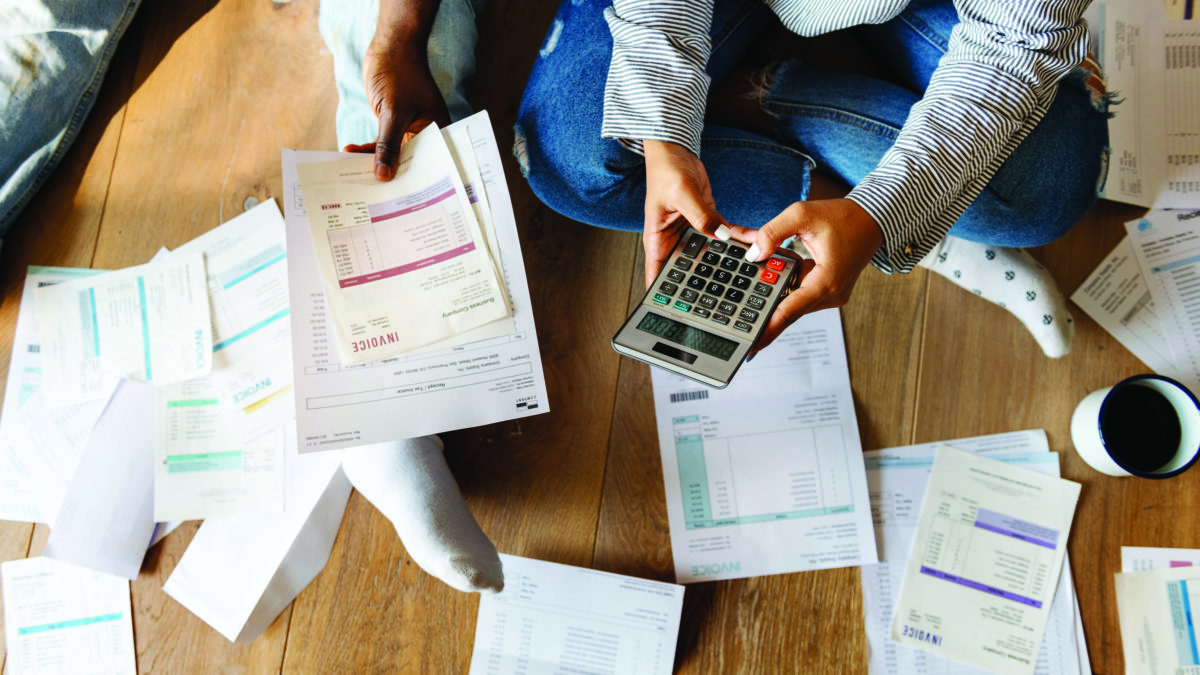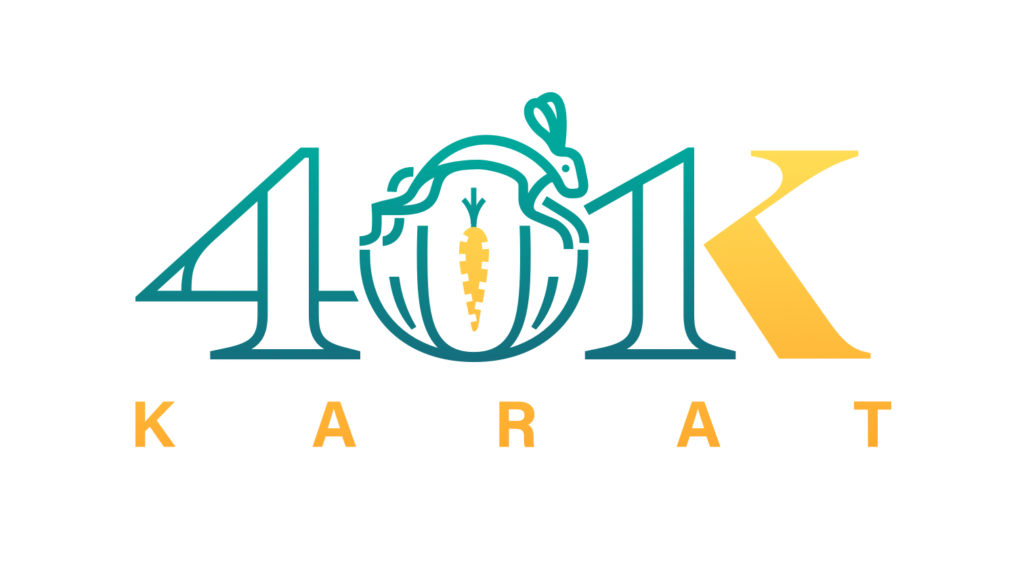Identity Theft
Financial Literacy: Identity Theft
With security breaches a regular item in the news cycle and an increasing consolidation of our personal information on web-based platforms, identity theft is a big concern for all of us. In the final installment of our financial literacy series, we take a look at what is considered identity theft, what you can do to prevent it from happening to you, and what to do if your identity is stolen.
What is considered identity theft?
Identity theft can look like a lot of different things. At its most basic, it’s simply the intentional use of someone else’s identity. It’s most primarily done for a financial benefit, such as the use of credit or other monetary gain. But not always!
Driver’s License
Your driver’s license carries a lot of personal information about you: name, date of birth, address, photo. In the wrong hands, it can be used to make purchases that require an ID (such as alcohol, tobacco, or certain kinds of medications), open bank accounts, or avoid speeding tickets.
Social Security Number
Your Social Security number can be used to open new lines of credit or other financial accounts, obtain medical care under your name or your benefits, commit tax fraud, steal your Social Security benefits, and more.
Debit and Credit Cards
Debit and credit cards can be used to make unauthorized purchases, rack up debt, and open additional lines of credit. Cards can also be used to get cash from a linked checking account or to issue cash advances. Debit and credit cards can be used quickly to make very large and expensive purchases before you’ve realized what has happened.
Your mail be can be stolen in transit, from unsecured mailboxes, or even from your trash. Valuables (such as cash, checks, or other items) may be removed from your mail before you even see it. Discarded mail can be used to open accounts, start new lines of credit, or commit loan, benefits, or tax fraud.
Online Fraud
Online identity theft is increasingly common. Security breaches with credit bureaus, credit card issuers, retail establishments, and social media platforms have left financial and other sensitive information vulnerable to theft. Online fraudsters can make unauthorized purchases, open accounts or lines of credit, and commit other types of fraud.
How do I protect myself from identity theft?
Create strong passwords
Don’t use the same password over and over and don’t choose combinations of letters or numbers that will be easily guessed or quickly recovered by password hacking software.
Shred your paper
Make a habit of shredding any paper, including mail, that you plan to discard if it has your name and address, Social Security number, or other personal information.
Keep an eye on your cards
Don’t carry your Social Security card with you (a safe deposit box or fireproof safe are good places to keep it instead!). Know where your driver’s license, debit cards, and credit cards are at all times.
Check your reports
Regularly check your credit reports and all bank statements for any inaccurate information or evidence that someone else may be using your name or Social Security number. Report any discrepancies that you notice as soon as possible.
Replace cards when you need to
Getting a new credit card account number or replacing a driver’s license can be a huge hassle—but it’s a less painful process than dealing with cleaning up a stolen identity.
What happens if my identity is stolen?
The first thing to do is always to report it. IdentityTheft.gov is the federal government’s resource for reporting and managing an identity theft. File a police report to let them know what has happened and to alert them to possible scams or trends in your area.
You’ll also want to contact any account or institution that may be affected by this theft, such as card issuers, other financial institutions, utility companies, credit bureaus, the department of motor vehicles, or the Internal Revenue Service.
You can put a fraud alert on your credit report or even freeze it temporarily. It’s best to let them know as soon as possible what has happened and try to stop any further damage. Many institutions have policies in place to limit your liability for unauthorized funds spent—but not all.
Change all your account passwords, get new account numbers and cards wherever possible, get a new driver’s license (with a new number), and keep a very close eye on your credit report for any changes. You may also request a new Social Security number from the Social Security Administration, but they are, historically, very difficult to get and may not solve as many problems as you might hope.
More Content on Personal Finance
Establishing an Emergency Fund with 401karat
ESTABLISHING AN EMERGENCY FUND WITH 401KARAT: SEASON 3, EPISODE 6 MORE FROM OUR EPISODE ON ESTABLISHING AN EMERGENCY FUND WITH 401KARAT Where Is 401karat Located? CONTACT 401KARAT Visit Their Website Location 631 South Orlando Ave.Suite 103Winter Park, FL 32789 Contact 401KARAT Phone: 833-527-2848 Email: info@401karat.com…
The 3 Bucket Strategy With 401karat
THE 3-BUCKET STRATEGY WITH 401KARAT: SEASON 3, EPISODE 2 MORE FROM OUR EPISODE ON the 3-bucket strategy CONTACT 401karat Visit Their Website Location 631 South Orlando Ave. Suite 103 Winter Park, FL 32789 Contact 401karat Phone: 833-527-2848 Email: info@401karat.com Their Hours MON–FRI: 8:30 a.m. to…
Leave a Reply Cancel reply
- - ADVERTISEMENT - -
Categories
- Alumni Series (13)
- Automotive (57)
- Aviation (15)
- Business (14)
- Business & Arts (18)
- Career College Expositions (7)
- Career Development (96)
- CCC Blog (1)
- CCC Podcast (9)
- College Resource (90)
- College Showcase – Lincoln Tech (6)
- College Showcase – New Jersey (8)
- College Showcase – Pennco Tech (1)
- College Showcase – Universal Technical Institute (2)
- Continuing Education (154)
- Cosmetology (3)
- Counselor Resources (108)
- Criminal Justice (3)
- Dental Assistant (2)
- Education (109)
- Financial Literacy (17)
- Health Sciences (50)
- Heritage Series (3)
- High School Recruitment Series (4)
- Housing Series (10)
- HVAC (8)
- Imagine America Scholarships (12)
- Information Technology (17)
- Massage Therapy (5)
- Mechanical Sciences (109)
- Medical Assistant (12)
- Millennial Student Series (4)
- News (11)
- Nursing (22)
- Online education (13)
- Pandemic Proof Series (4)
- Personal Finance (17)
- Podcast (90)
- Research (11)
- Road Map Series (2)
- Scholarships (12)
- Social Media Series (4)
- Strata Tech (3)
- Student Success (29)
- Study Tips (3)
- Time Managment (1)
- Top 10 (10)
- Trucking (2)
- Uncategorized (14)
- Universal Technical Institute (19)
- Veteran Affairs (8)
- Welding (24)
- Women in Skilled Trades (3)
Tags
- - ADVERTISEMENT - -







